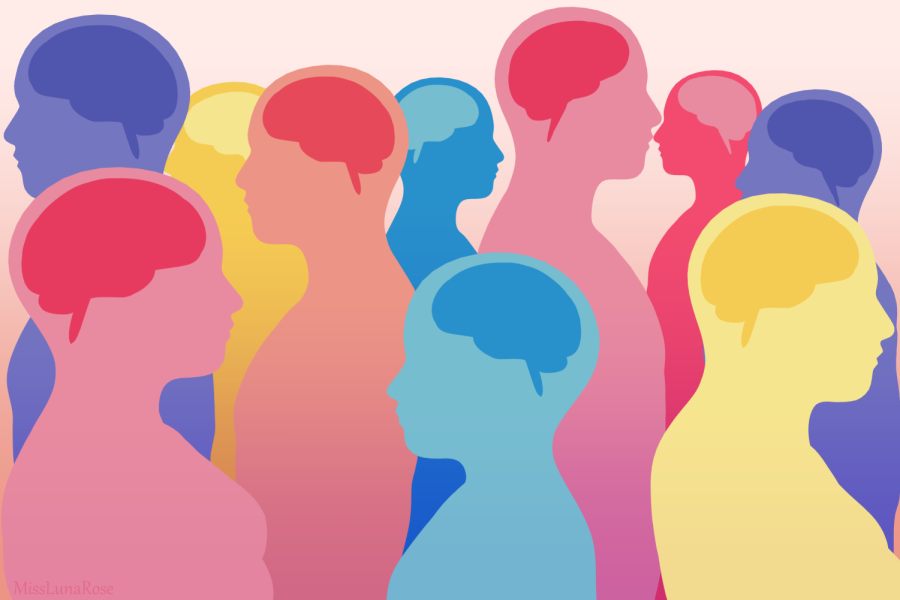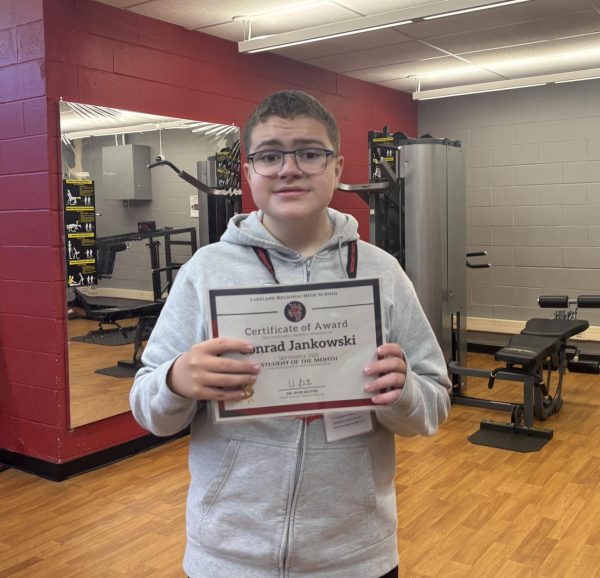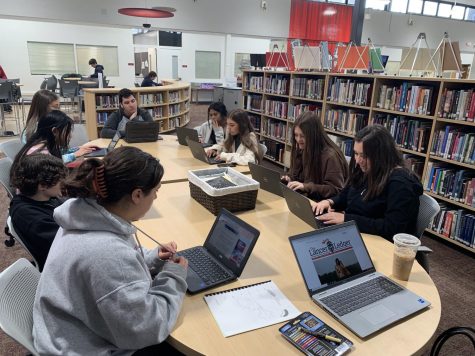How to be Neuro-Inclusive in the Workplace
By MissLunaRose12 (CC-BY-SA-4.0)
Not everyone thinks the same, but some may think very differently than the “usual”. Everyone should be incorporated, regardless of how they think or react.
Many workplaces are geared towards neurotypical people or those with “typical” brain function and comprehension of the world around them. For those who are neurodiverse and see the world in different ways, they may struggle to fit in and properly function in workspaces that do not understand and accommodate their individual capabilities.
According to Merriam-Webster, neurodiversity is the individual differences in brain functions and the experience of the world. Neurodiversity includes Autism Spectrum Disorder (ASD), Attention Deficit Hyperactivity Disorder (ADHD), Dyslexia, Dysgraphia and Tourette’s Syndrome among other others.
Everymind At Work is an organization that is pushing for a more neuro-inclusive and aware work environment. The organization understands that the best way to accommodate and understand neurodiverse workers is to closely listen and learn from their own experiences. They reported that neurodiverse people may have some struggles with mood levels, energy, concentration and focus and social understanding. Some may also have difficulty with spelling, reading, writing, and handwriting ability, and potentially organization and planning. Others may grapple with memory ability, sense of direction, and vision and/or hearing (sensory sensitivity or desensitivity). Not everyone who has neurodiversity is the same and all experience struggles differently.
To make a workplace neuro-inclusive, Everymind At Work states that employers should take steps to make certain that employees are confident in themselves. Employers and employees should be aware of and understand any neurodiverse employees’ unique struggles and strengths, as well as ensure the workplace is supportive of them. The workplace should include and involve neurodiverse people in important decisions and meetings. Some may prefer that someone checks in to make sure they have a full understanding of their tasks. This is also a great way to determine if they are comfortable with their duties and if any adjustments need to be made. Setting goals and clearly explaining expectations will allow for better communication, planning, and potentially honing in on one’s abilities. Some neurodiverse people may better complete their tasks if others learn and understand what interests them and be given those to fulfill.
Additionally, employees should be aware that some people who are neurodivergent have sensory issues. They may be sensitive to sound, so a quiet space, free of disruptive noises, may allow for better concentration and completion of work. Others may be sensitive to light and/or bright colours, so colour filters may be beneficial to reduce any eyestrain or headache-like responses. Some people may be fidgety or prefer to move more, so a balance chair could allow for more comfortable movement. People may become easily overwhelmed by the amount of information received or duties to complete. Allowing them to take short but frequent breaks to reduce worry and anxiety could be beneficial. Also, it may be more advantageous if they are provided with only one task at a time, so they do not have to worry about focusing on many things at one time. Processing information properly or fast enough may be a difficulty for some, so supplying a written or typed summary of meetings may allow them to wholly comprehend the contents of the discussion. An alternative to this could be allowing the recording of meetings.
Despite the potential drawbacks some may have, there are many benefits and skills neurodiverse people have that should be honed and encouraged. Everymind At Work also detailed that some neurodiverse people have high creativity and innovation, as well as potentially lateral thinking and having strategic analysis methods. Their own way of thinking can provide different perspectives and open others to outcomes of decisions. Others may be strong problem solvers and have ample consistency in a task if they are invested in it. Neurodiverse people may have great attention to detail and have an advantage in the processing of information. These aspects can lead to quality work and engagement with others in the workplace.
Not everyone experiences and processes the world and its information the same as one another. The proper inclusion and adjustment of working conditions can lead to a more neuro-inclusive, comfortable, and understanding work environment for all.

Sam Stokem is a senior at LRHS and is writing for the Lancer Ledger for their third year in a row. They are glad to continue to inform people about the...












